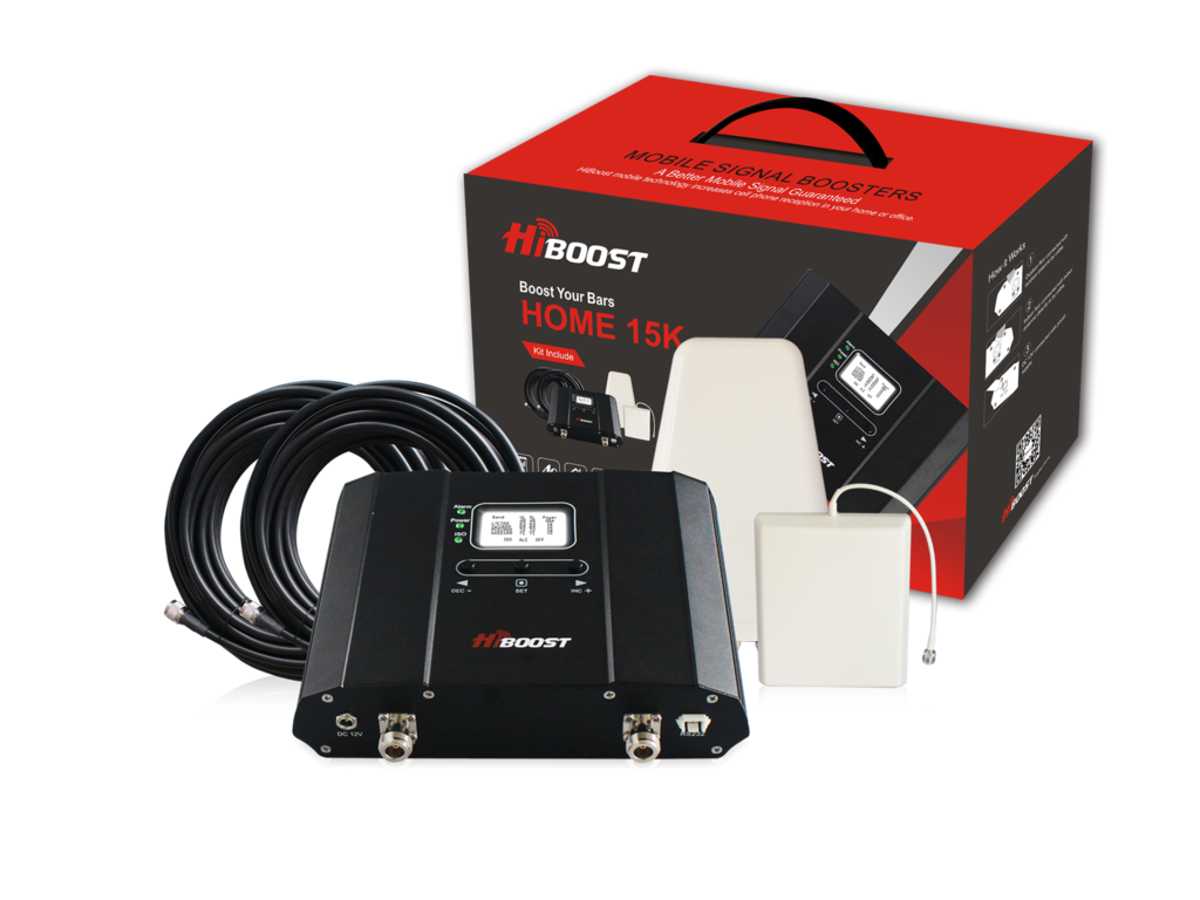Sam Page, director of marketing for HiBoost, didn’t want to just talk about flagship product HiBoost Home 10K or Commercial 20K Pro and Commercial 30K Pro cell signal boosting solutions during InfoComm 2018.
He also wanted to talk about how the importance of cell signal boosting will evolve and how HUAPTEC US INC, parent of HiBoost, expects to play a big role in solving emerging technology demands.
During a CI video interview at InfoComm 2018, Page tackled several topics:
HiBoost Cell Signal Boosting Solutions
[related]Page describes HiBoost Home 10K as the flagship cell phone booster. “It’s designed to cover up to 10,000 square feet.” Although it’s not a commercial product and can be self-installed, it’s “a great product to have in a small office or home,” he says.
“I think customers will really be impressed with how much improves their cell phone signal coverage. We get a lot of people saying sometimes they have four or five bars of coverage outside their home but then they get inside their home and they have one bar or maybe even no coverage. They install our product and they see immediately inside their home three, four or five bars.”
Evolution of Cell Signal Boosting Category
Advances to the mobile phone category trigger such as 5K demand for cell signal boosting because it leads to people using their phones more and relying on them for more tasks, Page explains.
How HiBoost Helps Integrators
Many integration firms are leaving opportunities on the table when it comes to the cell signal boosting category, Page says. Companies that are in the business of improving their customers’ ability to communicate should certainly be bolstering the cell signals that they rely on for many applications.
“Troubleshooting and customer service issues can be resolved quite a bit easier than with our competitors,” Page says.
But there are also efficiency and revenue opportunities for integrators, Page says, that stem from working with HiBoost.
“Troubleshooting and customer service issues can be resolved quite a bit easier than with our competitors,” he says.
“We have an LCD screen. We have remote monitoring. Installers and integrators can really leverage our technology to help their customers and create a new revenue stream for their business,”
A big part of that is managed services that stem from the remote monitoring capabilities that HiBoost offers. “A business that is relying on cell phone coverage signals in their building, and they can have that constantly monitored and reported to,” he says.
“If something were to happen that installer or integrator can diagnose and fix it remotely. It can really cut down on a lot of that downtime that maybe some of our competitors would not have been able to.”
Beyond Cell Signal Boosting
The technology that goes into a cell signal booster will become increasingly important and Page expects HiBoost to play a role in that. It’s not just that as people rely on their phones more they’ll need strong signals.
“As we roll out into newer technologies like 5G and some of the things that are getting out there with autonomous driving, those things are going to run on some kind of cell phone frequency potentially,” Page says.
“We want to be there for that. HiBoost wants to be the brand that services that technology. We don’t see ourselves necessarily as just a booster technology. We want to be there as a tech company and a leader when it comes to automation and artificial technology.”










